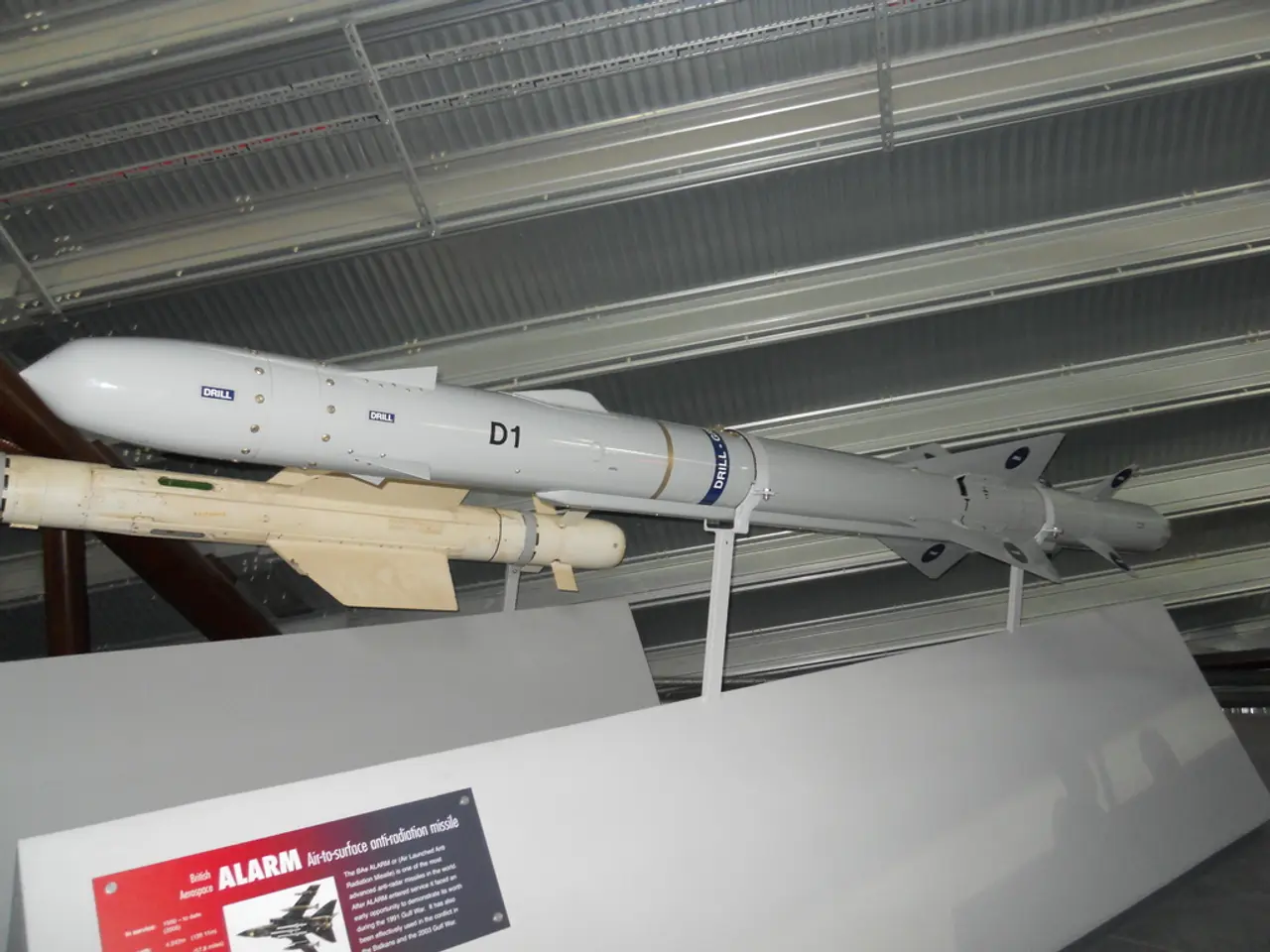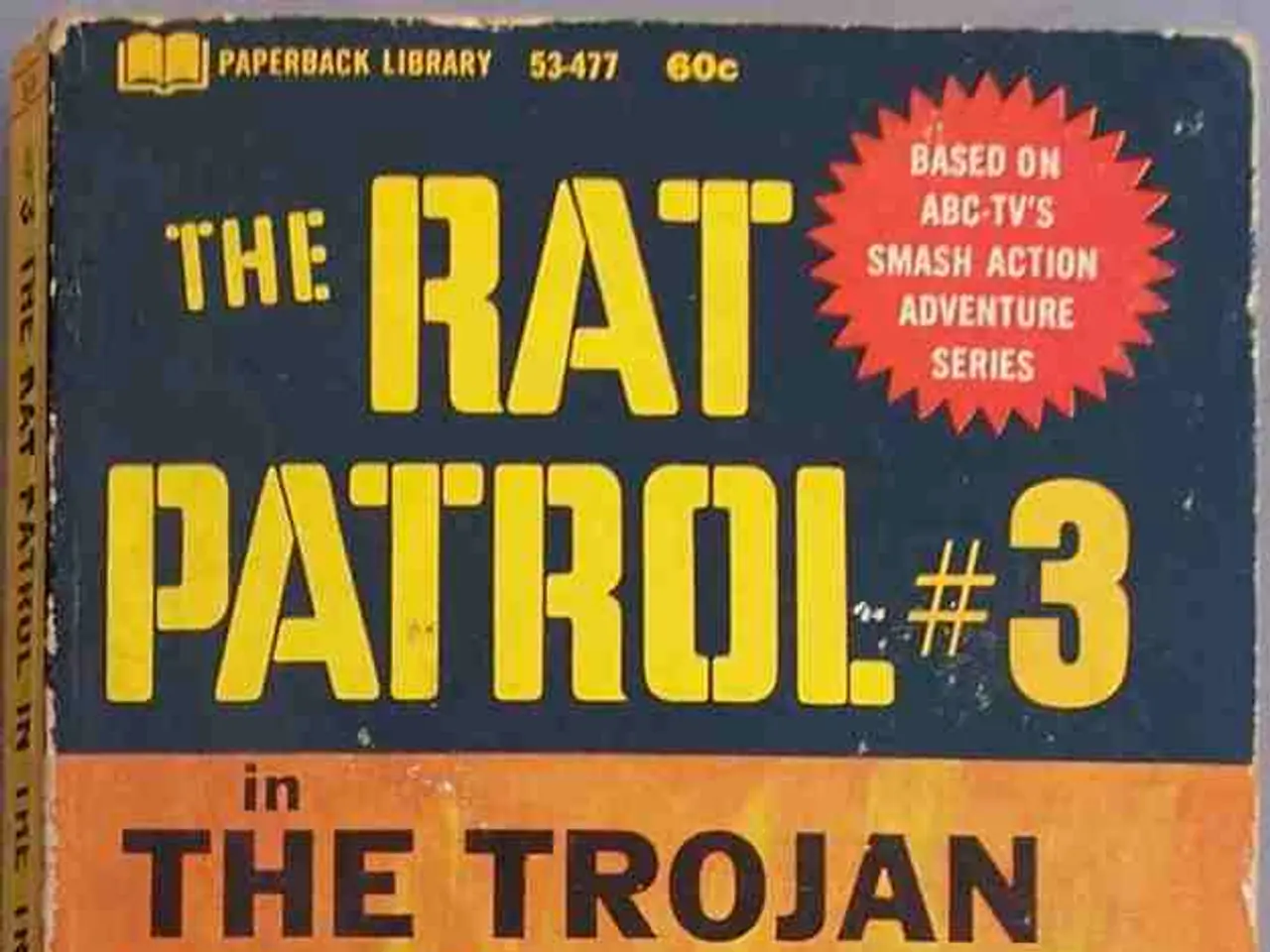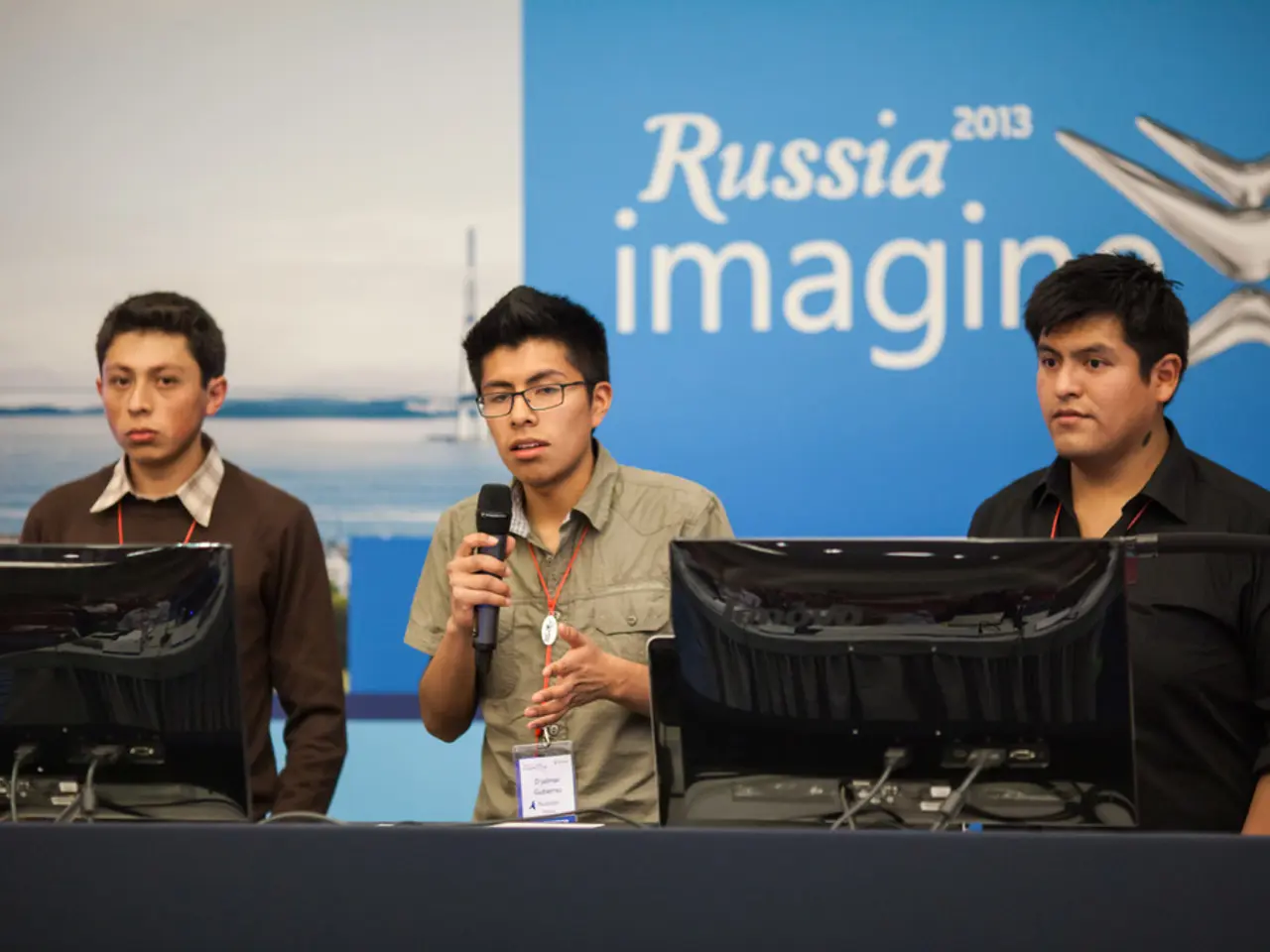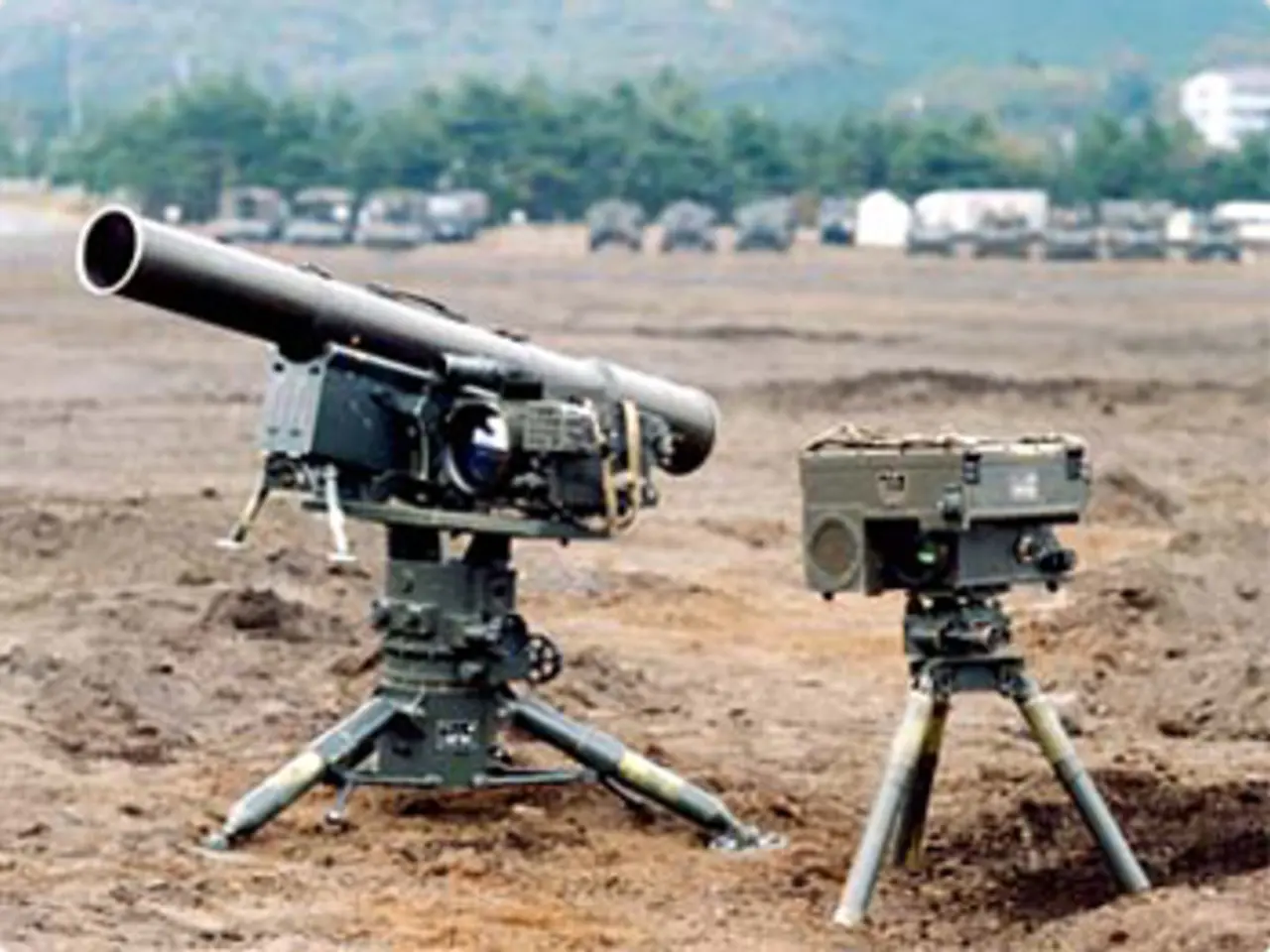Israel's Airstrikes on Iran: Objectives Identified
Operation Rising Lion: On the 13th of June, 2025, Israel launched a bold operation known as Operation Rising Lion, a multi-front, multi-wave strike targeting over 100 nuclear-linked and military targets across Iran. The operation, which created a legal controversy under international law, has significantly intensified regional security risks and destabilized the international nuclear order.
Impact on Regional Security:
The operation has resulted in Israeli military successes, causing severe damage to Iran's nuclear facilities, missile launchers, and key military and nuclear scientists. Notable figures such as IRGC Commander Major General Hossein Salami and nuclear scientists were assassinated, disrupting Iran’s nuclear program and military command.
In response, Iran retaliated with missile barrages, some penetrating Israeli defenses and causing civilian casualties. This escalation has heightened tensions and raised fears of a broader regional conflict potentially involving Hezbollah and Lebanon.
Israel, however, has established aerial dominance, disrupting Iran's air-defense and combat doctrines, and neutralizing missile launcher threats.
International Implications:
By destroying Iran’s uranium enrichment and reconversion facilities and eliminating scientific expertise crucial for nuclear weapons development, the operation challenges Iran’s nuclear ambitions and reconfigures enforcement of the global non-proliferation regime. However, such a unilateral pre-emptive strike escalates tensions over nuclear deterrence and increases instability in the international nuclear order.
The loss of IAEA inspectors in Iran has created a verification gap, potentially allowing covert diversion of 60% of Iran's stockpile. The Fordow Fuel Enrichment Plant in Qom survived the operation with its core breakout capability intact.
India's Strategic Challenges:
India, with economic ties and energy dependencies in West Asia, faces a complex diplomatic and strategic environment. The rising conflict aggravates risks to energy security and disrupts broader diplomatic relations.
India must pursue a non-aligned, balanced diplomatic stance, engaging with all key regional players to advocate restraint and dialogue, avoiding entanglement in military escalations. Protecting its citizens and trade interests necessitates enhanced maritime and security cooperation in the Indian Ocean and Gulf regions amid potential spillovers.
The volatility underlines the need for India to diversify its energy sources and routes to mitigate disruptions caused by conflicts near critical chokepoints in West Asia. India can also strengthen its role in multilateral forums supporting nuclear non-proliferation and regional peace initiatives, positioning itself as a mediator conducive to long-term stability.
In summary, Operation Rising Lion upheaves regional security by directly confronting Iran’s military and nuclear infrastructure, risking expanded conflict and destabilizing the Middle East. The international nuclear order faces stress from unilateral military action undermining non-proliferation norms. India’s path demands strategic balance between safeguarding its energy and economic interests while advocating for de-escalation and regional stability amid escalating West Asian tensions.
Additional Developments:
- The Natanz Fuel Enrichment Plant in Isfahan suffered severe damage in the operation, potentially causing a 6-12-month setback to 60% enrichment throughput.
- Saudi Arabia and Turkey have hinted at pursuing indigenous nuclear options if Iran weaponizes, potentially leading to a nuclear domino effect in the region.
- The killing of key Iranian military and political figures, including Ali Shamkhani, could weaken moderates in Tehran and widen the negotiating space for Iran.
- The operation may lead to the proliferation of cyber-kinetic methods to non-state actors.
- The operation is Israel's first multi-front, multi-wave strike on Iran itself, following a history of counter-proliferation doctrine that includes clandestine sabotage and overt kinetic action.
- The aftermath of Operation Rising Lion has prompted significant discussions in the realm of general news, with the international community debating the long-term impact of a unilateral pre-emptive strike on the environment of war-and-conflicts and politics.
- In the mains, various countries, such as Saudi Arabia and Turkey, are reassessing their nuclear strategies in light of perceived shifts in Iran's military and political landscape, potentially leading to a war-and-conflicts domino effect in the region.








